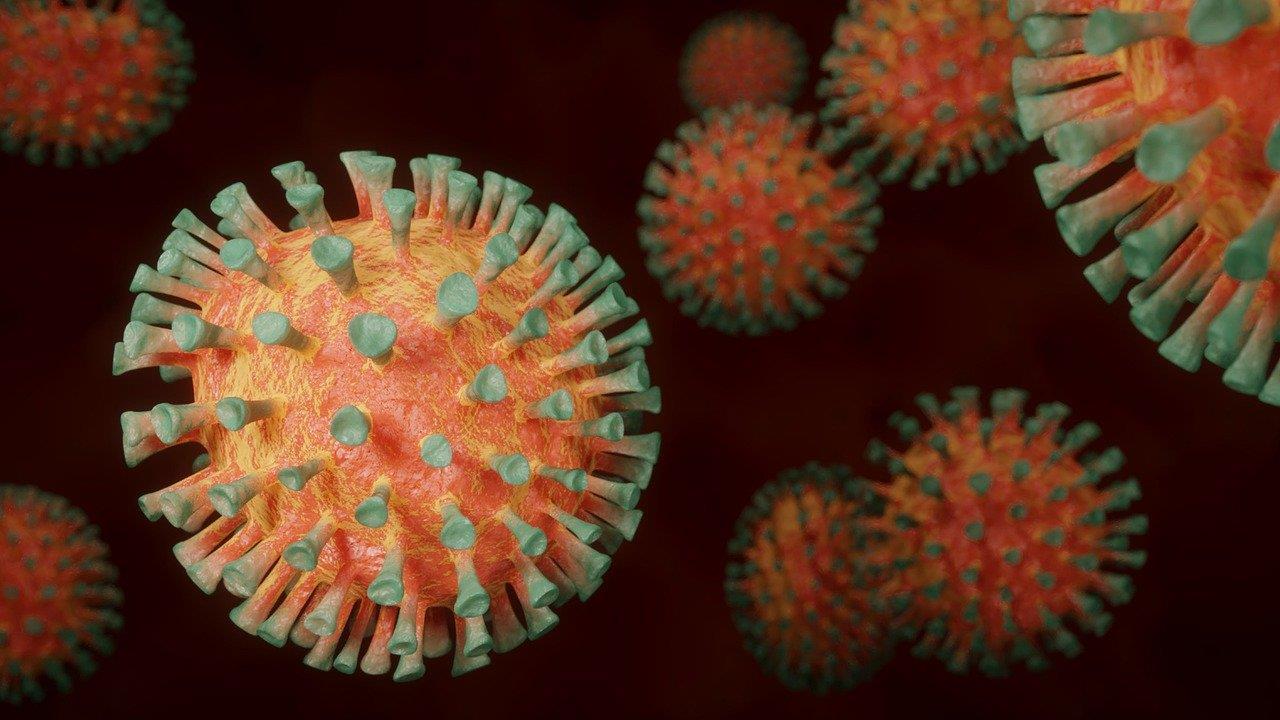

The number of Covid-19 cases in the Middle East and North Africa (Mena) region crossed 5,297,115 on 15 February, according to Worldometers data collated by MEED.
Countries in the GCC account for 24.7 per cent (1,309,906) of all regional cases, and Iran’s 1,526,023 cases alone make up 28.8 per cent of the regional 5.2 million infections.

With 372,732 total confirmed infections, 363,585 recoveries and 6,433 deaths, Saudi Arabia has the highest number of Covid-19 cases in the GCC.
Saudi curbs
As case numbers continue to grow amid a global resurgence of the coronavirus and its new variants, the kingdom announced on 14 February a 20-day extension on restrictions imposed earlier this month to curb the pandemic.
Entertainment activities will continue to be halted, and closures of cinemas, indoor entertainment centres and game sites, both independent and in restaurants, will remain in effect. Shopping malls, gyms and sports facilities will remain closed, as will dine-in services at restaurants and coffee shops. These outlets may offer deliveries.
During the extension period, the number of people gathering for social occasions may not exceed 20. The extension comes after Saudi Arabia enforced a temporary ban on travellers from 20 countries last week. Late in January, Riyadh also said the national travel ban for citizens and the closure of its borders would remain in place until 17 May 2021.
Saudi Arabia is also said to have asked Islamic nations to wait for further clarity before making plans to attend the annual Haj pilgrimage, Pakistan’s Minister for Religious Affairs Noor ul-Haq Qadri reportedly said earlier this week.
The pilgrimage was conducted at limited capacity and amid tight biosecurity precautions last year.
Oman closures
Restrictions have also intensified in Oman, which last week extended the closure of its land borders until further notice. Omani citizens will reportedly be allowed to return through land ports until 12am on 21 February, after which their entry will be banned for the duration of the land border closure.
Omanis entering through the land ports are required to undergo institutional quarantine at their own expense. Visitors entering Oman through its airports must also quarantine for a seven-day period, with airlines required to ensure passengers have confirmed hotel bookings for at least a week from their arrival to Oman.

Passengers travelling to Oman may choose from hotels pre-selected by the Social Development Ministry to quarantine at. This list includes the Swiss-Belinn Muscat, Ibis, Secure Inn, Sheraton, Tulip Inn and Somerset Panorama Muscat in the Omani capital, and the Dibba Beach Hotel and the Khasab Hotel in Musandam.
Also included in the list are Alpha Hotel Salalah (Dhofar), Arena Hotel (Buraimi), Diyar Hotel (Al-Dakhliyah), Golden Rays (North Al-Sharqiyah), Sur Beach (South Al-Sharqiyah) and Mercure Hotel Sohar (North Al-Batinah), local media reported.
Furthermore, all beaches in Oman will remain closed until 25 February. Capacity has been cut by 50 per cent at service halls in public and private establishments as well as at shopping centres, restaurants, coffee shops and indoor sports venues until further notice.
GCC restrictions
Further restrictions have been announced in other parts of the GCC to limit the spread of Covid-19. In the UAE, Umm al-Quwain became the third emirate after Ajman and Sharjah to switch to online schooling until further notice as a precautionary measure.
In Manama, Manaf al-Qahtani, a member of the National Medical Taskforce for Combating Covid-19, called on the public to adhere to precautionary measures as more transmittable variants of the Covid-19 coronavirus are discovered.
Bahrain authorised Russia’s Sputnik-V Covid-19 vaccine for emergency use earlier this week, making it the fourth jab to be permitted in the country after those offered by Pfizer-BioNTech (US/Germany), Sinopharm (China) and Oxford-AstraZeneca (UK/UK-German).
Iran’s fourth wave
President Hassan Rouhani has warned of a fourth wave of Covid-19 in Iran as case numbers continue to grow in the Mena region’s epicentre of the coronavirus.
“This is a warning for all of us,” Rouhani said, adding that some cities in the southwestern province of Khuzestan are now at the ‘red’ or highest risk level.
“This means the beginning of moving toward the fourth wave. We all have to be vigilant to prevent this.”
Growing case numbers have also led to closures in neighbouring Iraq, which will impose a nationwide curfew from 8pm to 5am from 18 February. Students of government and private schools, institutes and colleges will switch to e-schooling as well.
Mena efforts
Closures and travel bans are returning in Mena countries despite a significant ramping up of vaccination drives across the region.
Algerian Prime Minister Abdelaziz Djerad said the national curfew to curb the coronavirus in 19 provinces would be extended for 15 days, starting 15 February.

Chinese State Councilor and Foreign Minister Wang Yi said last week that Beijing is ready to support Algeria with vaccines against Covid-19.
Speaking to Algerian Foreign Minister Sabri Boukadoum, Wang said China would offer emergency vaccine assistance to Algeria, one of Beijing’s regional partners in its Belt and Road Initiative. Algeria received 50,000 doses of Sputnik-V at the end of January and another 50,000 doses of the UK/Swedish Oxford-AstraZeneca jab earlier this month.
Meanwhile, earlier this week, Morocco extended its national vaccination campaign to individuals aged 65 years and above after receiving 4 million doses of Oxford-AstraZeneca’s vaccine.
The consignment is understood to have been shipped from the Indian city of Mumbai, and is the latest batch to have reached Rabat in recent weeks, which received shipments of 2 million Oxford-AstraZeneca and 500,000 Sinopharm doses last month.
Minister of Health Khalid Ait Taleb said earlier this week that Morocco could reach herd immunity against Covid-19 within three to five months.
Morocco, which plans to inoculate 80 per cent of its population in the months ahead, has detected at least three cases of the coronavirus’ UK variant. No cases of the South African variant of the virus have been detected yet, local media reported, citing Ait Taleb.
You might also like...

Adnoc Offshore awards Upper Zakum contract
17 April 2024

Oman awards Batinah coastal road contract
17 April 2024

Oman appoints Al Khuwair Downtown project manager
17 April 2024
A MEED Subscription...
Subscribe or upgrade your current MEED.com package to support your strategic planning with the MENA region’s best source of business information. Proceed to our online shop below to find out more about the features in each package.





